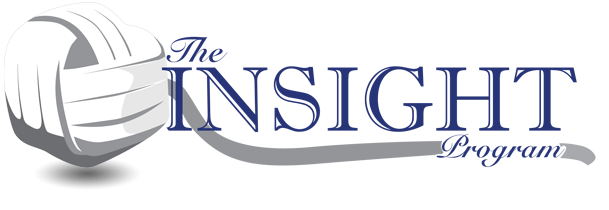Supporting a young adult through addiction recovery can feel overwhelming. Families often wonder which treatment options best address the unique needs of their loved one. From outpatient programs to intensive inpatient care, a variety of addiction treatment services offer tailored support to help young adults navigate recovery. Here’s an overview of the main types of addiction treatments available and how each approach can benefit both young adults and their families.
1. Outpatient Programs
Outpatient programs provide structured treatment and support while allowing individuals to continue their daily routines. These programs are ideal for young adults with mild to moderate addiction who can maintain their obligations, such as school or work, while receiving treatment. Outpatient programs usually involve a combination of individual counseling, group therapy, and education on coping strategies. Since clients return home each day, family involvement is often encouraged, making it easier for families to stay connected and supportive throughout the process.
Outpatient programs can be especially beneficial for young adults who have a stable home environment, as family members can provide accountability and a positive influence. For families, these programs offer a more hands-on approach to participating in their loved one’s recovery.
2. Intensive Outpatient Programs (IOPs)
Intensive outpatient programs (IOPs) are a step up from standard outpatient programs, requiring a greater time commitment with multiple sessions each week. IOPs are designed for young adults who need more comprehensive support but do not require 24/7 supervision. This type of program offers flexibility and structure, allowing clients to maintain some level of independence while undergoing a rigorous schedule of therapy sessions and skill-building exercises.
An IOP may be a good option for young adults in early stages of recovery who need a structured environment but can still benefit from family support at home. This program enables family members to play a more involved role in their loved one’s journey, from participating in therapy sessions to helping implement coping strategies in everyday life.
3. Inpatient or Residential Treatment Programs
Inpatient or residential treatment programs are typically recommended for young adults with severe or long-term addiction. These programs provide a highly structured environment and 24-hour medical and emotional support. Residential treatment programs are immersive, giving clients the time and space needed to address the root causes of their addiction without external distractions.
For families, inpatient programs can bring peace of mind, knowing their loved one is in a safe and supportive environment. However, residential programs also require families to find ways to support their loved ones from afar, through letters, calls, and, in some cases, family counseling sessions. Many residential facilities also offer family therapy days, which help to reestablish trust and improve communication for when the young adult eventually returns home.
4. Aftercare Programs and Support Groups
Recovery doesn’t end when formal treatment does. Aftercare programs and support groups, such as Narcotics Anonymous or SMART Recovery, play a critical role in helping young adults maintain long-term sobriety. Aftercare programs provide ongoing support, including regular counseling, group meetings, and access to a support network.
For families, these programs can be incredibly valuable, offering continued guidance and encouragement. Many support groups also offer family-specific meetings, helping parents and siblings better understand addiction and their role in fostering a healthy environment for their loved one.
Choosing the Right Treatment Option
When choosing a treatment path, it’s essential to consider the young adult’s specific needs and circumstances. Talking to an addiction specialist can provide clarity on the best approach, whether it’s outpatient therapy, residential treatment, or a combination of options.
Ultimately, families are powerful allies in a young adult’s journey to recovery. By understanding the different types of treatment options and staying engaged, families can help their loved ones build a foundation for a successful and lasting recovery.

